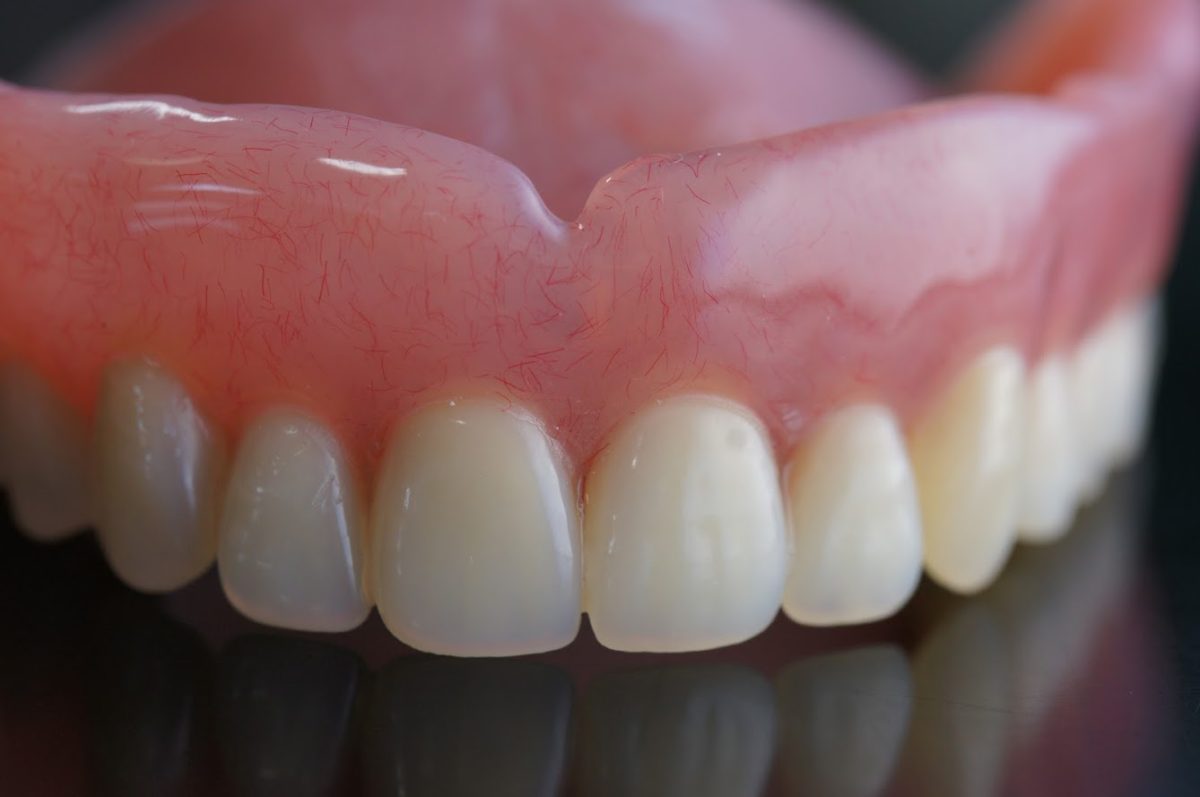
Many senior citizens — and even younger individuals — need dentures at some point in their lives. These durable and reliable tools retain a person’s mouth shape and provide strong teeth for chewing multiple foods. However, those who are new to dentures need to understand the following tips to avoid damaging their dentures unexpectedly.
Daily Denture Care Tips
Though denture care is relatively simple, many newcomers may find some elements of denture maintenance quite challenging. For example, some may forget to remove and rinse their dentures after every meal and expose them to excessive plaque. Others may forget to clean their mouth with a brush while their dentures are soaking.
Write down all of the denture care tips suggested by a dentist and create a daily checklist. Tape this list near a bathroom sink and check off each step after performing them. In this way, denture owners can prepare themselves for the simple maintenance steps necessary for denture care and add years to their dental appliance’s life.
Items to Avoid to Protect Dentures
Though dentures provide a strong set of durable teeth for a person’s mouth, like normal teeth, they aren’t invulnerable. In fact, some everyday items may trigger issues with dentures that should be easy to avoid. For example, stiff-bristled brushes and whitening toothpaste may either damage the surface of the dentures or do little to protect them from plaque and other issues.
Bleach, in particular, is a problematic additive for dentures because it weakens their structure and changes their color. Avoid soaking dentures in any bleach-infused solution and only use approved denture-cleaning tools. And while warm water can be used to clean dentures, boiling-hot water will warp their shape and make them impossible to fit in the mouth.
Ways to Avoid Gagging
People who are new to dentures may suffer slight problems with gagging for a period after their initial installation. This gagging is a normal reaction and goes away in most people once they have adapted to their new dentures. However, some individuals continually struggle with gagging on their dentures. In many situations, this gagging could be related to the size of the dentures.
For example, the upper plate of the dentures may fit in a person’s mouth but could be long enough to trigger their gag reflex. In this scenario, a dentist can trim the upper plate to ensure its length doesn’t cause the owner to gag. Typically, this gag reflex occurs in those with more sensitive mouths and may not happen in all people who own dentures.
Steps to Take When Dentures Get Damaged
Though the steps above should prevent most denture damage, situations may arise in which dentures experience some difficulties. For example, someone may try eating hard foods that they shouldn’t, such as unpopped popcorn kernels, and crack their dentures. When a situation like this happens, the denture owner must take steps to minimize the impact.
For example, any elements that broke off of the dentures need to be gathered and stored in a plastic bag. Take these items to a dentist to get them reinstalled or repaired. If the denture damage is less severe, products like dental wax protect the gums from irritation caused by broken dentures rubbing on the jaw or the gums.
Dental Help Protects Dentures
Individuals who follow these denture care tips will avoid severe complications with their dental care. In fact, these tips could add years to the life of a pair of dentures and help them last much longer. So those who need dentures shortly should call or visit our offices at Accent Dental to set up an appointment and learn more about the benefits of excellent denture care.

